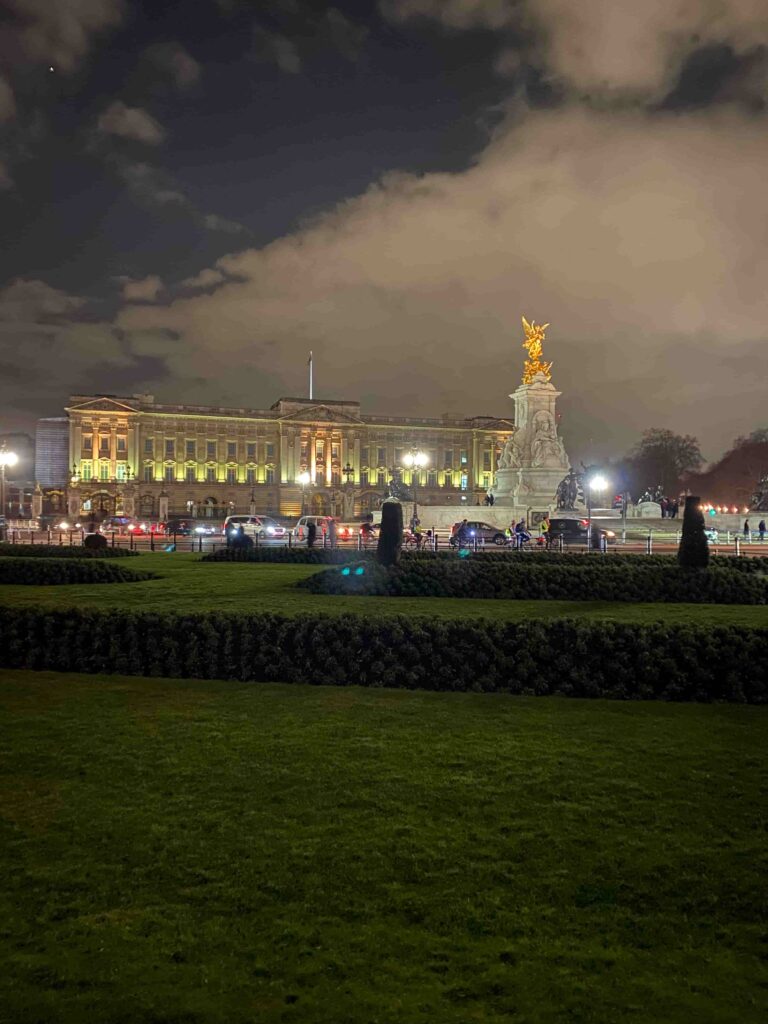Universality and “Western” Civ (Paquin)
By Avery Paquin.
This past Wednesday, I went to Frozen: the Musical! It was so, so incredible to see a West End show here in London. When I was younger, my grandfather took me to a few Broadway shows, and he said that one day I must see a West End show because they are just as famous as Broadway shows. I always thought that he was just kidding, but he was not. It was so surreal having something like that come to fruition years later. I was amazed to see how the universality of the theatre can travel across the world. Saying this, it makes me question what universality means and how I should choose to define it. I feel like it is a bit different coming from one “western” country to another given that the United States originated from British colonies. There are, of course, some differences between the cultures, but overall, there are values that are remarkably alike. My entire education was centered around the Roman Empire and British conquests with dashes of history mixed in from other places, and from what I have gathered, much of the education here in the UK revolves around those places as well.

The entire Civ Program is based on what the western world is, and I thought coming here would help me answer questions about what globalization is and whether it is just another form of imperialism, but I have more questions now than when I arrived. Everything in our world, and by our world, I mean the western world, came from the colonization of the British. We value the same things, such as holding Roman artifacts to a higher standard than artifacts from Egypt, or at least when it comes to the publicity of said artifacts are treated with higher respect. I saw something on social media about how so many countries have independence days from the British. Their influence on education, what we deem as culture, and so much else came from them. The most common language to learn so that one can talk to people is English, and globalization just stresses that even more. When someone wants to travel to many countries in a given period, they might learn a few phrases of each language, but they are better off learning English because it is so common, or a universal language. Even in places such as Kenya or Singapore, English has been retained as a national language despite its residents not necessarily needing it. The idea of universality can be confusing and I am still left with many questions, but I am thrilled to be exploring those questions here in London.





